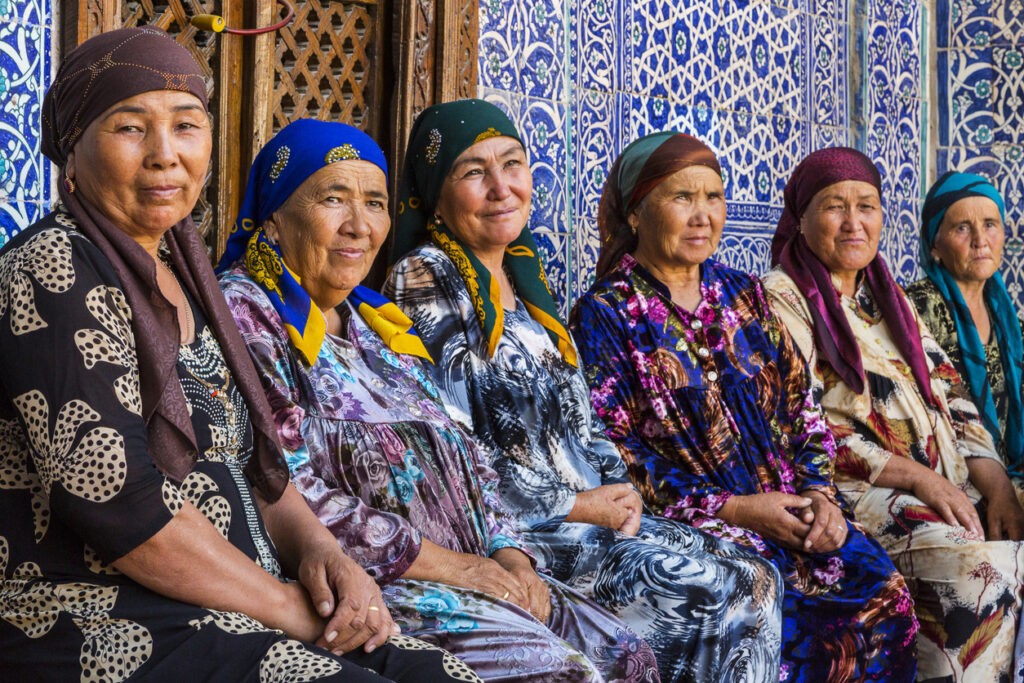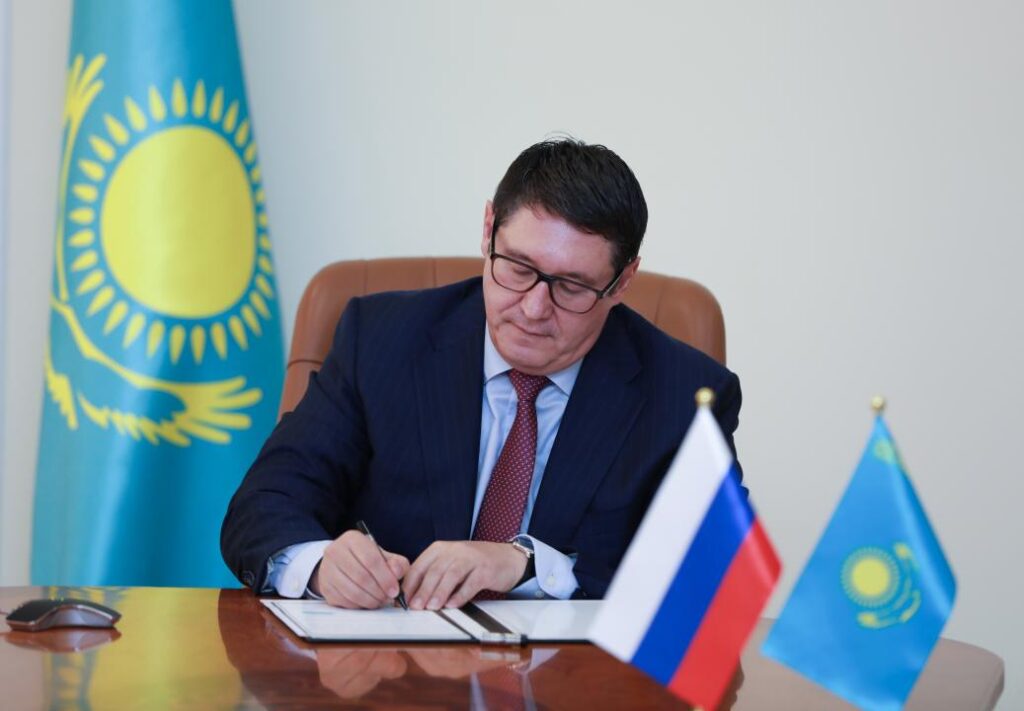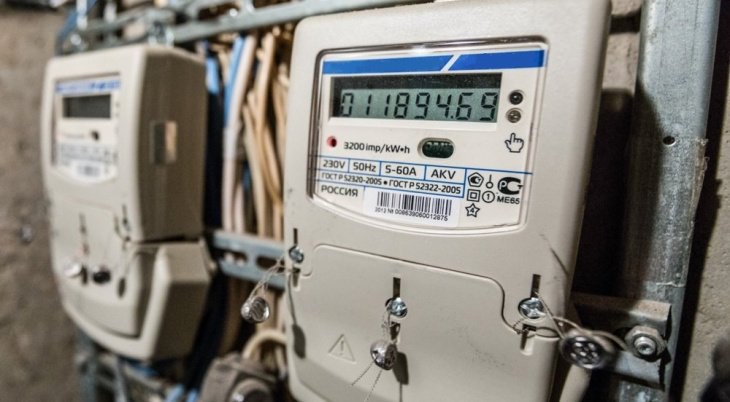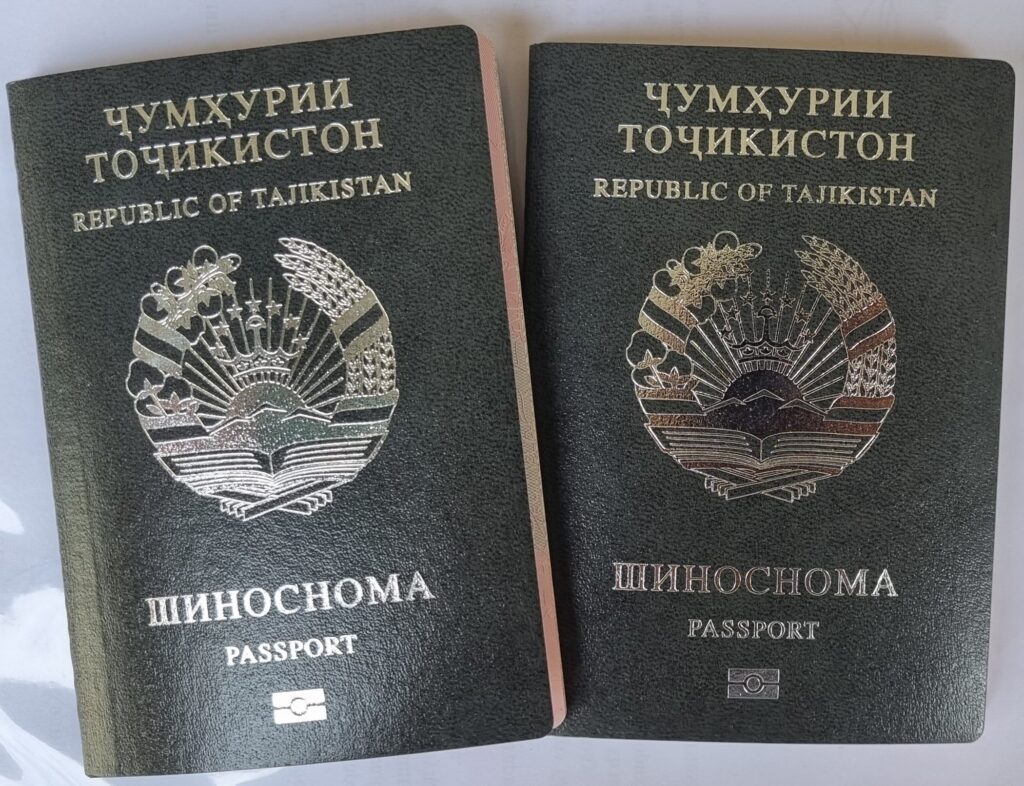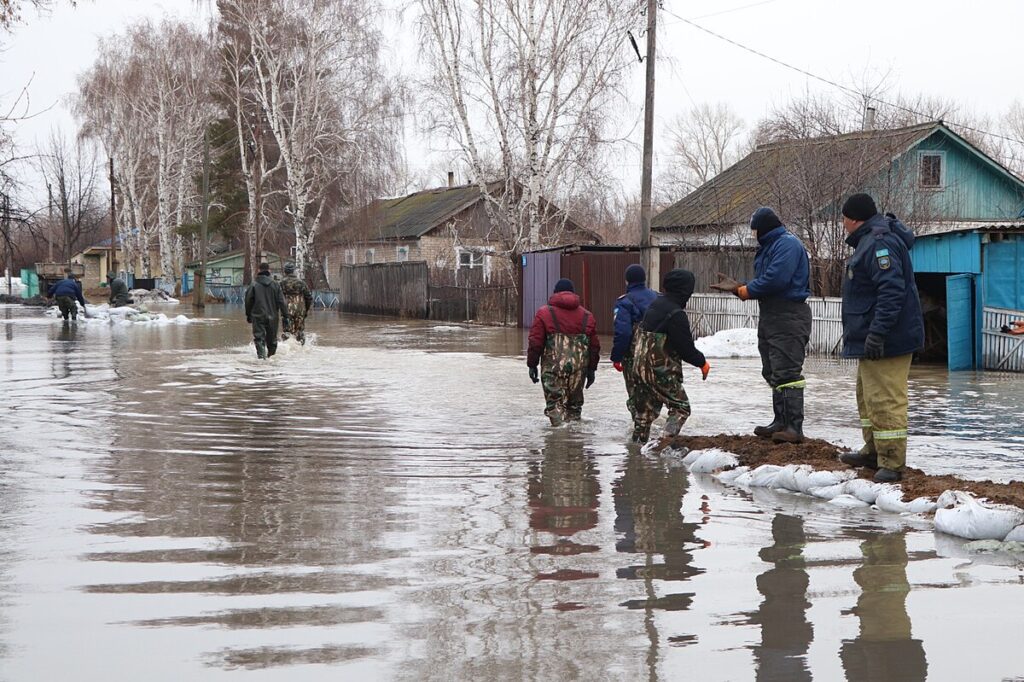Kazakhstan has been prone to flooding before, but the 2024 Kazakh floods have added a catastrophic page to the chronicles. Political analyst Marat Shibutov tells The Times of Central Asia that only extremely tough measures can motivate ministers and akims (local government executive) to actually work on flood prevention.
The Floods Have Not Yet Peaked
Areas and homes in many regions of Kazakhstan — Atyrau, West Kazakhstan, Aktobe, Akmola, Kostanay, East Kazakhstan, North Kazakhstan and Pavlodar — remain flooded. According to the Ministry of Emergency Situations, more than 113,000 people have been evacuated from the various disaster zones. The threat of another destructive wave of surface water still remains for major cities, even high-rise buildings are battling high in water in Atyrau, Petropavlovsk and Kostanay.
Kazakh president Kasym-Jomart Tokayev has already visited the affected regions several times. According to local reports, people are now concerned not with punishing those responsible, but with paying fair compensation for lost housing, farms and livestock, and, most importantly, with creating an effective flood control system.
In particular, residents of dacha (detached suburban) houses in Uralsk blocked the highway, demanding that the akim of the city include them in the list of those to be paid. If more floods occur it will be impossible to live in flood-prone areas. The only alternative is a radical revision of the requirements for residential zoning protective measures.
Tokayev spoke about the responsibility for breached and unfinished dams and dikes, as well as the overlooked forecasts made by meteorologists about increased snowmelt and the threat of flooding not only from rivers, but also from the steppes in late March. For the lack of timely flood control measures, he announced a harsh reprimand to First Deputy Prime Minister Roman Sklyar and Minister of Water Resources and Irrigation Nurzhan Nurzhigitov. Local administrators weren’t spared either, with harsh reprimands and warnings for incomplete official compliance to the akims of Aktobe, Kostanay and West Kazakhstan regions — and a harsh reprimand to the akims of Atyrau, Akmola, Almaty, Pavlodar and Abay regions.
According to official data from the Ministry of Emergency Situations, in 2024 to date seven billion tenge ($15.5 million) have been allocated just to local executive bodies for flood mitigation activities. In March 2024, 66 billion tenge ($147 million) was allocated to carry out work relating to combating emergency situations. From 2019 to 2023, the Emergency Situations Ministry’s expenditures increased almost fourfold, to 264 billion tenge ($588 million). Over the past five years, over 762 billion tenge ($1.7 billion) has been allocated from the national budget. What exactly those funds were towards remains an open question — possibly as part of ongoing criminal cases.
Disasters of the Past
It’s not the first time that high water has caused irreparable damage in Kazakhstan. In Uralsk they still talk about a serious flood in 1942. In early May, the water level in the Urals reached 943 centimeters, and a 9-point storm raged on the river. Over 500 families were evacuated from the flooded areas of the city.
More recently, on a March night in 2010, a similar tragedy occurred. A dam burst near the village of Kyzylagash in Almaty region, killing 45 people — including eight children — and injuring another 300.
Some regions are chronically under threat from high water. In the spring of 1993, a dam of the Aktobe reservoir burst. More than 650 settlements were affected, including 11 towns, and several people died. More than 12,700 residents were evacuated from the Aktobe, Atyrau and West Kazakhstan regions.
Each time the disaster was accompanied by serious material damage, with thousands of animals killed. Significant changes to flood control protocols were never made, with administrative failures repeated year after year.
Negligence Must Be Criminalized
Political analyst Marat Shibutov believes that until the toughest measures are taken against violators of environmental laws and corrupt officials, Kazakhstanis won’t be able to rid themselves of flood threats.
“Floods have long-term and short-term causes. Long-term causes include, first of all, allowing construction in floodplains. People are allowed to build in floodplains and then wonder why they are flooded. Dachas are remodeled into larger, insulated houses, although originally these dachas were built as sheds because they flood every year. Besides, rivers are not cleaned. They do not carry out [dredging] works — this is one of the most important things, because they not only allow to increase the flow, but also free the channel from silt and clay, which is good for fish spawning. It is also necessary to plant snow-protecting strips of trees so that the snow melts in the fields and does not go into the rivers. Among other things, such a measure increases crop yields,” Shibutov explained.
Regarding more short-term reasons, Shibutov attributed blame to heavy snowfalls, after which the snowmelt wasn’t absorbed into the soil. “There were all forecasts, people had to be resettled in advance, make stocks and evacuation points. Preparations had to be made. At the local level, information work was a failure,” he added.
Currently, Shibutov noted, it’s only possible to evacuate people and drive away livestock, and to deliver food and water to those who remain in flooded areas. When asked whether lessons will be learned from the unprecedented flood, the political scientist answered in the negative. “No, they won’t. I do not think that the current people [akims, ministers] are able to do something in the long term. In a year or a couple of years we will drown again anyway. The president sets a task, but he does not punish those who don’t fulfill them… This situation is no joke: only severe punishments will make the apparatus work,” he concluded.

Marat Shibutov; image: @365


